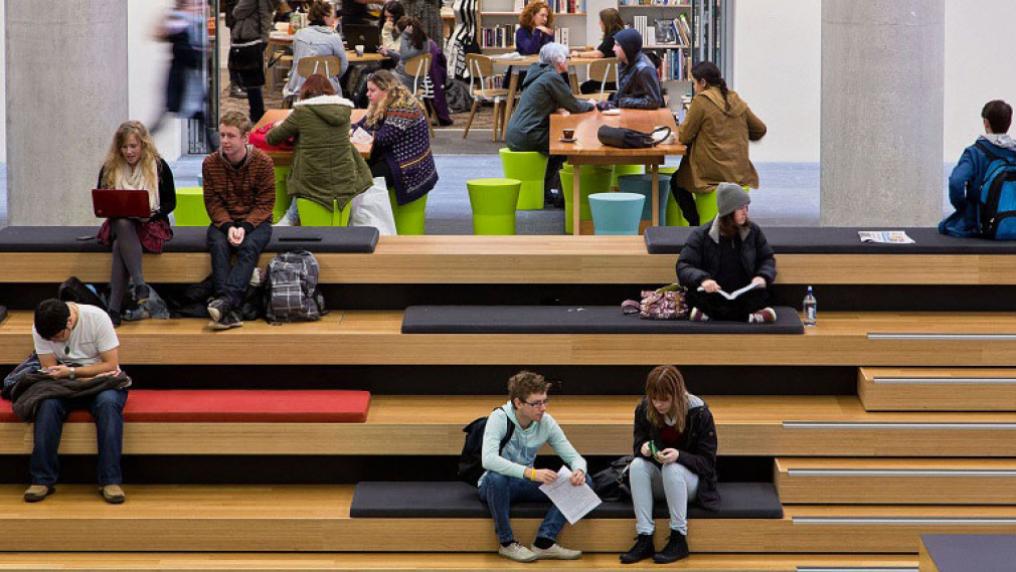On Allan Gyngell & the role of think tanks

We have just started the Mitchell Institute blog. It’s a place where we will share our ideas, express opinions, test thoughts about our emerging policy thinking and generally talk about the things that are exciting us in the policy world.
The Mitchell Institute for Health and Education Policy is a “think tank”. We believe that the quality of public policy in Australia has to be strengthened to build opportunities and create better services for all. Our role is to create, mediate and spread evidence and ideas; we unashamedly aim to inform and influence the quality of Australian public policy.
Not long after we launched last May/June, I went with Stephanie Copus-Campbell (the Executive Director of our founding funder the Harold Mitchell Foundation) to see Allan Gyngell, the first head of the Lowy Institute for International Policy. Lowy is an inspiring model for us, so we thought it would be a good idea to hear first hand about the issues involved in setting up a think tank in Australia – to understand the traps for new players, so to speak.
Allan very generously provided us with some great advice that day and, as it turned out, he had set down much of it in a speech he had written in 2008 to mark the Lowy’s fifth anniversary. In it he articulated many of his thoughts at that time, and although a lot has changed in the past six years, there is much in his address that stands today.
On my first and subsequent reads of his speech, there is one comment I am struck by each time: “I wrestle every day with the existential thought that – as a think tanker at least – I am not strictly necessary”; telling words which reveal a healthy dose of skepticism and modesty. But he quickly rebuts this thought, listing four ways he believes that “…think tanks make our government better and our societies more vibrant.”
To paraphrase him, he said that thinks tanks:
- structure the public debate, providing an alternative source of views that help to shape the way we think about the world
- improve the quality of public debate by anchoring it in evidence
- produce new ideas
- do useful things that are impossible for governments to do, for example, floating risky ideas or bringing different or unusual groups together in the interests of contesting, provoking and extending current thinking.
Most importantly, Allan took the view that good think tanks should “complicate the debate” in Australia. By that he did not mean that they should be confusing or unclear; I think what he meant was that think tanks should embrace the complexity of the policy problems we face and seek to work through that complexity in the interests of more informed and sophisticated policy.
It’s a tall order but, along with our friends in the think tank world, we at Mitchell have taken this challenge on board. We are diving into some of the complex policy challenges in health and education and we are working to better understand the links between good health and learning success.
The Australian policy community has grown well beyond formal government, politics and the academic research community. We have a healthy mix of think tanks, research institutes, advocacy organisations, campaigning groups and organisations devoted to social change and innovation. Sure, the money is tight for most of us, but we are rich with ideas and ambition for change. Mitchell is excited to be a part of it.



